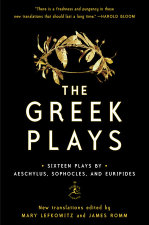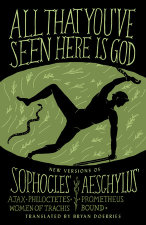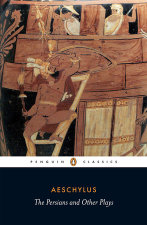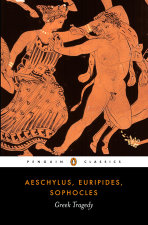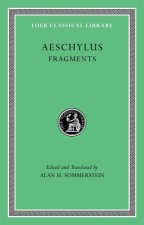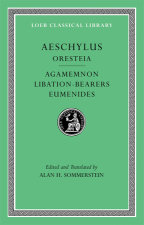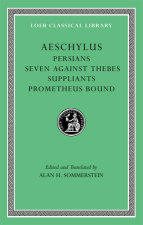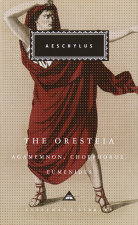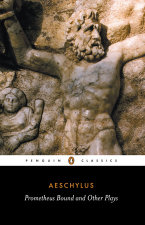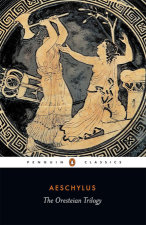The Persians and Other Plays
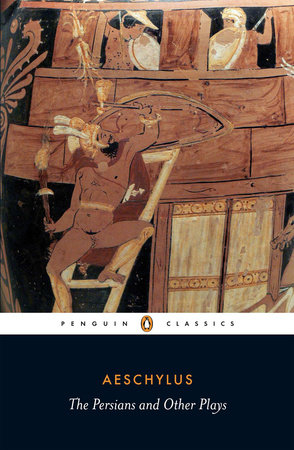
Aeschylus (525-456 BC) brought a new grandeur and epic sweep to the drama of classical Athens, raising it to the status of high art. The Persians, the only Greek tragedy to deal with events from recent Athenian history, depicts the final defeat of Persia in the battle of Salamis, through the eyes of the Persian court of King Xerxes, becoming a tragic lesson in tyranny. In Prometheus Bound, the defiant Titan Prometheus is brutally punished by Zeus for daring to improve the state of wretchedness and servitude in which mankind is kept. Seven Against Thebes shows the inexorable downfall of the last members of the cursed family of Oedipus, while The Suppliants relates the pursuit of the fifty daughters of…
Aeschylus was born of a noble family near Athens in 525 BC. He took part in the Persian Wars and his epitaph, said to have been written by himself, represents him as fighting at Marathon. At some time in his life he appears to have been prosecuted for divulging the Eleusinian mysteries, but he apparently proved himself innocent. Aeschylus wrote more than seventy plays, of which seven have survived: The Suppliants, The Persians, Seven Against Thebes, Prometheus Bound, Agamemnon, The Choephori, and The Eumenides. (All are translated for Penguin Classics.) He visited Syracuse more than once at the invitation of Hieron I and he died at Gela in Sicily in 456 BC. Aeschylus was…

